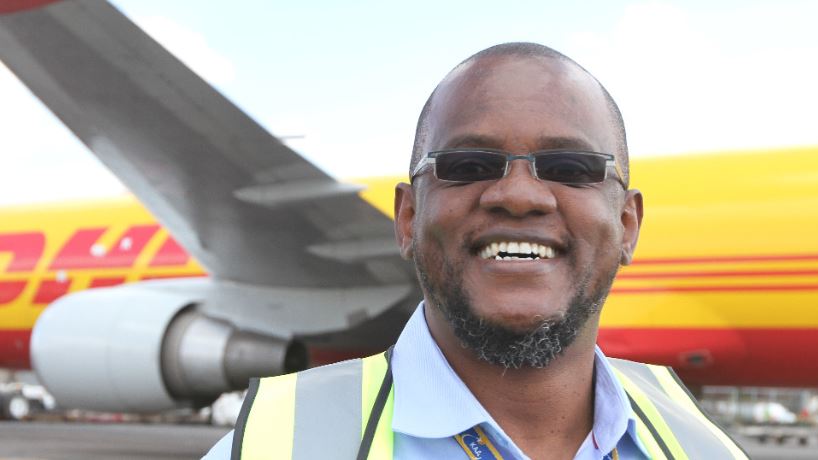×
The Standard e-Paper
Fearless, Trusted News

For many businesses, coronavirus has presented financial challenges they have ever had to face.
With their customers under lockdown, shops shuttered, cashflow drying up and their staff on unpaid leave, they wonder how they are going to survive.







